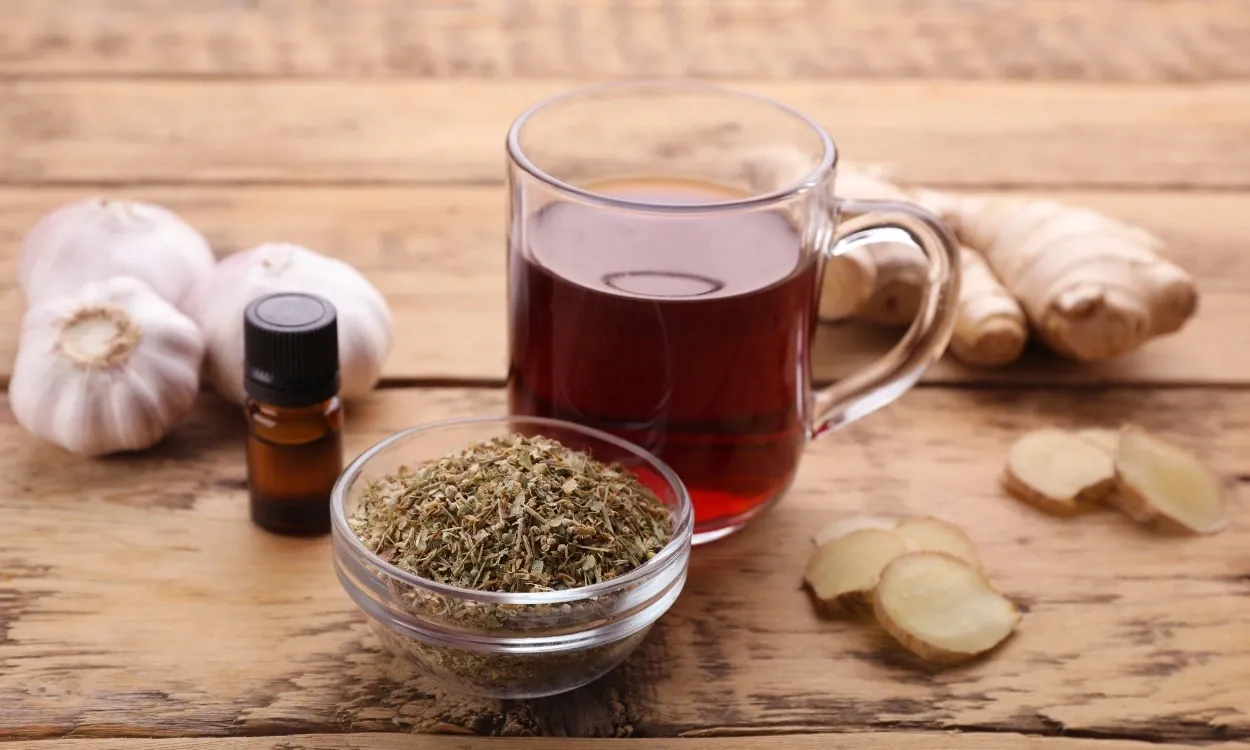In the realm of health and wellness, the pursuit of natural remedies has gained significant momentum, especially when it comes to combating common ailments like cold and cough. While modern medicine has its merits, there’s a growing interest in exploring traditional herbal remedies that have been used for centuries across various cultures. In this blog post, we’ll delve into the world of herbal remedies for cold and cough, bridging the ancient wisdom of herbalism with the demands of contemporary living.
The Wisdom of Ancient Herbalism:
Herbal remedies have been an integral part of traditional medicine systems such as Ayurveda, Traditional Chinese Medicine (TCM), and Native American herbalism. These practices emphasise the use of plants, herbs, and roots to restore balance and promote healing. When it comes to colds and coughs, several herbs stand out for their therapeutic properties.
Echinacea:
Native to North America, Echinacea has been used by Native American tribes for centuries to boost the immune system. It is believed to stimulate the production of white blood cells, enhancing the body’s ability to fight off infections.
Ginger:
Widely known for its anti-inflammatory and antibacterial properties, ginger has been a staple in traditional medicine. It can help soothe sore throats, reduce coughing, and alleviate nausea associated with colds.
Turmeric:
A key ingredient in Ayurvedic medicine, turmeric contains curcumin, known for its anti-inflammatory and antioxidant effects. It can be effective in relieving symptoms of colds and coughs.
Peppermint:
The menthol in peppermint is a natural decongestant that can help clear nasal passages and soothe irritated throats. Peppermint tea or oil is commonly used for respiratory relief.
Honey:
Used in various cultures for its healing properties, honey is known for its soothing effect on sore throats and coughs. It also possesses antimicrobial properties that can aid in fighting infections.
Modern Science Meets Traditional Wisdom:
While the anecdotal evidence supporting these herbal remedies is compelling, modern scientific research has also shed light on their efficacy. Studies have shown that certain herbs, like elderberry and eucalyptus, contain compounds that can inhibit viral replication and ease respiratory symptoms.
Additionally, herbal teas made from a combination of these herbs can provide comfort and relief, offering a holistic approach to managing colds and coughs. Integrating these herbal remedies into your routine may not only alleviate symptoms but also support overall well-being.
Conclusion:
As we navigate the challenges of modern living, the ancient wisdom of herbal remedies for cold and cough provides a refreshing perspective on holistic health. The synergy between traditional practices and modern scientific validation highlights the potential of these herbs to complement mainstream medical approaches. Incorporating herbal remedies into your self-care routine not only addresses immediate symptoms but also promotes a deeper connection with nature’s healing properties.
FAQs:
Are herbal remedies safe for everyone?
While herbal remedies are generally safe, it’s essential to consult with a healthcare professional, especially if you are pregnant, nursing, or have pre-existing health conditions. Some herbs may interact with medications, so it’s crucial to seek personalised advice.
How long does it take for herbal remedies to show results?
The efficacy of herbal remedies differs from individual to individual. Some individuals may find relief within a few days, while others may require a longer period. Consistency in usage and patience are key.
Can I use herbal remedies alongside conventional medicine?
It’s advisable to inform your healthcare provider about any herbal remedies you plan to use, as they may interact with prescription medications. Integrating both approaches under professional guidance can be a balanced approach to health.
Where can I find quality herbal products?
Look for reputable sources that specialise in herbal products. Health food stores, specialty herbal shops, and online platforms with positive reviews can be good options. Ensure that the products are organic and free from contaminants.
Are there any lifestyle changes that complement herbal remedies?
Yes, maintaining a healthy lifestyle can enhance the effectiveness of herbal remedies. Stay hydrated, get adequate rest, and nourish your body with a balanced diet rich in immune-boosting nutrients.
In embracing the ancient wisdom of herbal remedies for cold and cough, we not only tap into the healing power of nature but also honour the age-old practices that have stood the test of time. As we navigate the complexities of modern health, let us not forget the simple yet profound gifts that the natural world offers to support our well-being.






